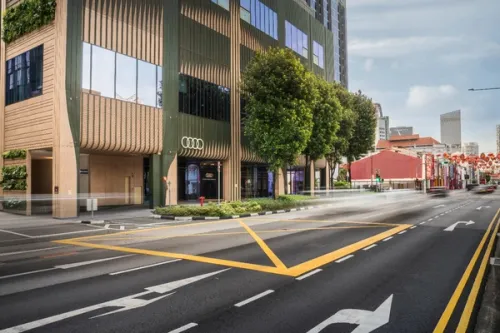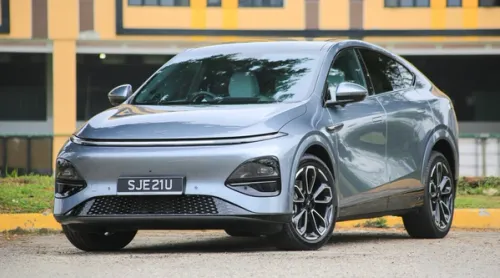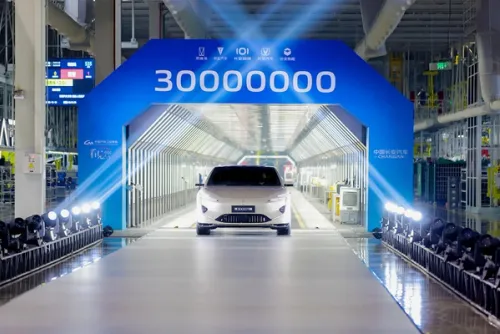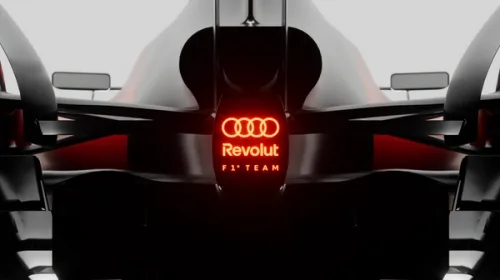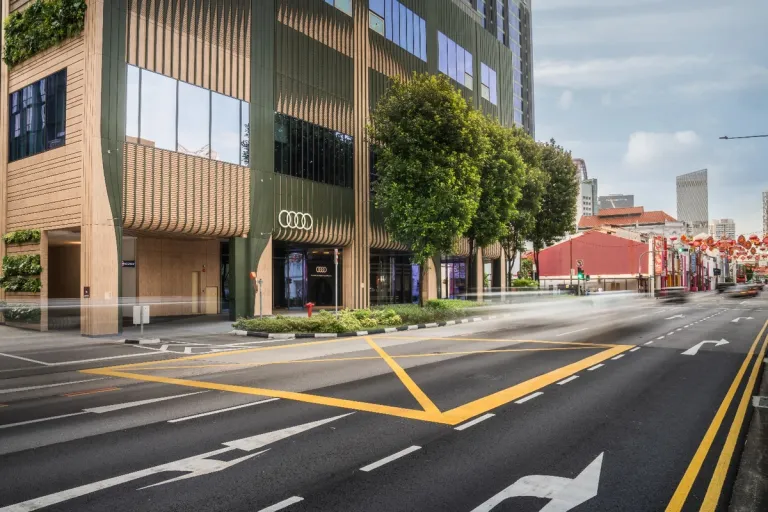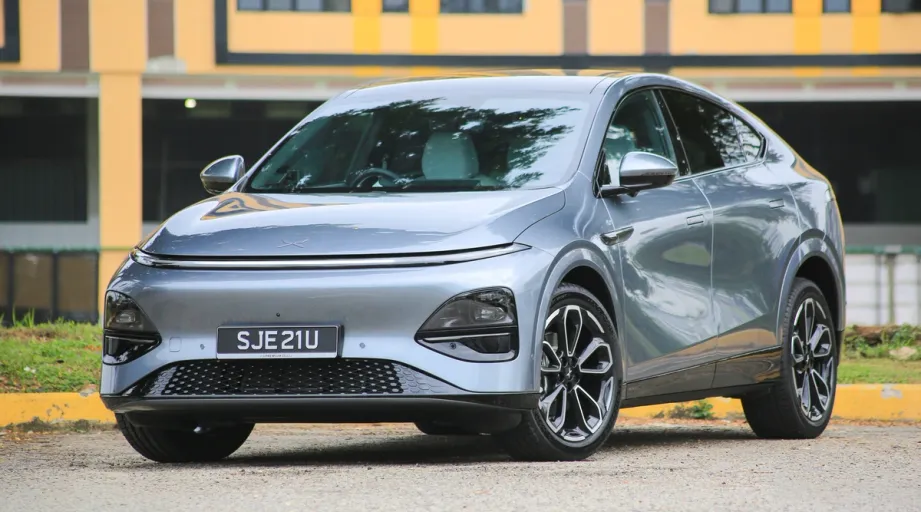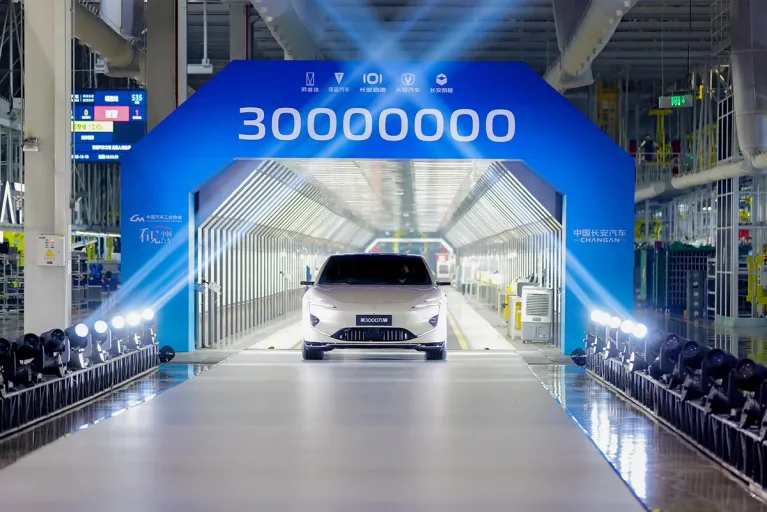How Covid Will Affect The Automotive Industry
Never has the automotive industry at large been hit as hard in recent times as they have been by the outbreak of the novel coronavirus. Pretty much every facet of the industry has been affected, with factories shut, component production halted or delayed, and motorsport events being cancelled or postponed on a scale never before seen in history. Every car that you buy very much an amalgamation of parts and componentry manufactered by OE supplies from all over the globe. Supply chain disruptions have also affected automaker’s abilites to manufacture new vehicles for sale. Which is why, a post-COVID Automotive world may look very different to the one that we’ve been used to. Here are 5 ways this pandemic will change the industry!

Never has the automotive industry at large been hit as hard in recent times as they have been by the outbreak of the novel coronavirus. Pretty much every facet of the industry has been affected, with factories shut, component production halted or delayed, and motorsport events being cancelled or postponed on a scale never before seen in history.
Every car that you buy very much an amalgamation of parts and componentry manufactered by OE supplies from all over the globe. Supply chain disruptions have also affected automaker’s abilites to manufacture new vehicles for sale. Which is why, a post-COVID Automotive world may look very different to the one that we’ve been used to. Here are 5 ways this pandemic will change the industry!

As mentioned in the introduction, automakers source parts from specialised OEs, or from their own international parts facilities, from around the globe. Our industrialised and inter-connected world means that in normal circumstances, distance, and borders, don’t really mean all that much, as parts can still be transported to where they need to be in a relatively short timeframe.
However, as factories close, and borders shut, automakers are potentially left with half-built cars sitting on a production line, as key items needed for final assembly may not have already been manufactured, or if they have, may have been stuck at some port in a foreign country altogether. This may potentially lead to car makers opting to shift production of critical components back to their native countries, to avoid running the risk of having yet another disruption of this magnitude. This though, can be a bad thing for new car buyers, as setting up, and training a new batch of staff members in their country of origin, means extra cost, that will be passed on to the consumer.
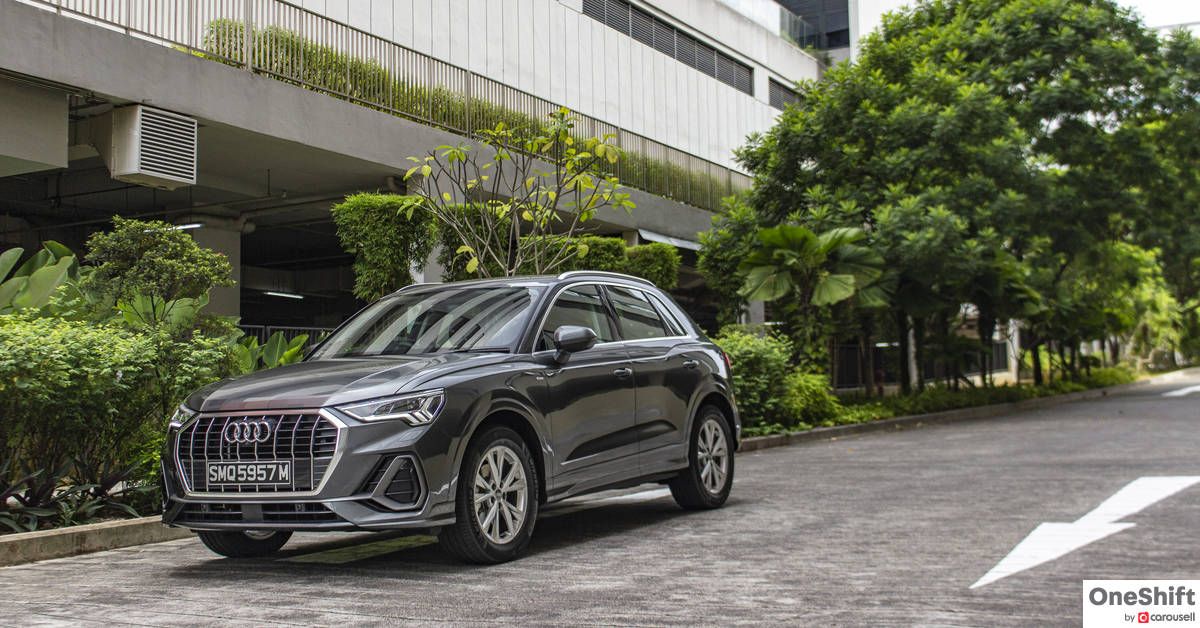
Companies have already been hit, and hard as well. Factories and showroom shutdowns mean that those already on the brink pre-COVID may have just about been pushed over the edge. Their survival, in the worse case scenario, can only realistically be guranteed by being bought out by a wealthier competitor.
In the short term, the buyout doesn’t really mean much, as the automakers will probably carry on producing their platforms and cars as usual, but as platforms age, and sales decline, these may be phased out in favour of a homogenised model that can be applied across the combined brand’s portfolio, leading to a decrease in model variety.
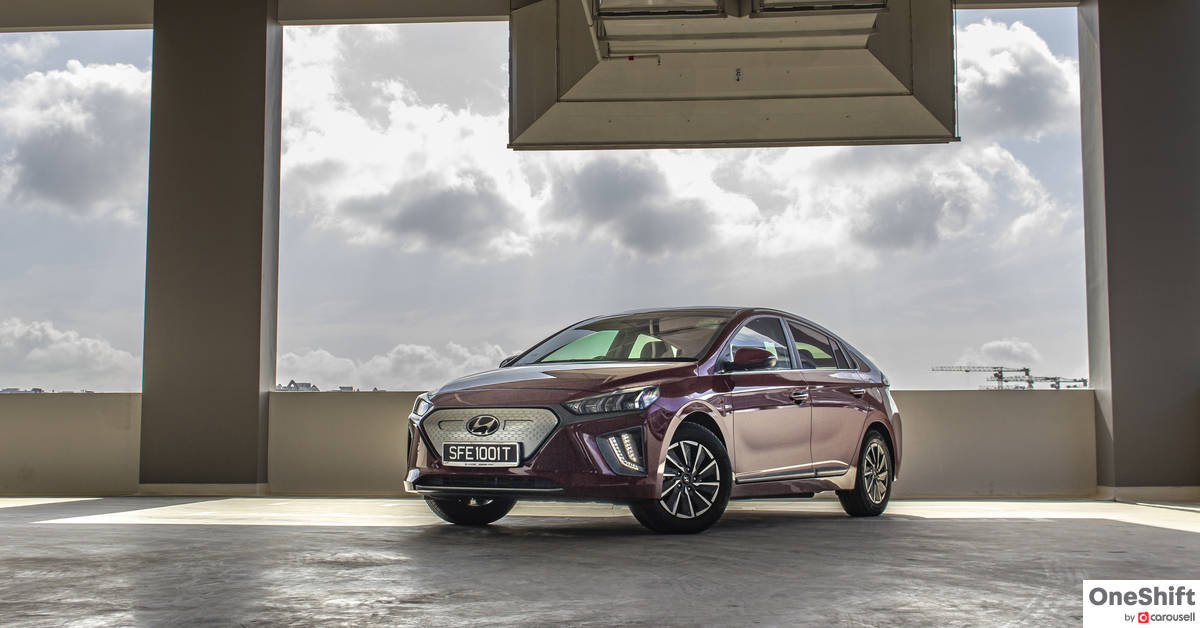
COVID has torpedoed the aviation industry. This means less demand for fossil fuels, which translates into cheaper crude oils, which also eventually means cheaper fuels for your car. The lure of an EV, is the cost savings garnered from lower running costs. EVs are more expensive to purchase upfront, but higher levels of efficiency means significantly more mileage for significantly less dosh.
However, cheaper fuels may just about stall EV growth. Lower fuel costs mean it will take one considerable longer to break-even in an EV versus just purchasing a traditional petrol-powered vehicle. What’s more, you don’t have to worry about range-anxiety in an ICE car. These factors will push buyers that were initially tempted to switch to an EV to opt for a petrol-powered car instead.
It’s not just car buyers though. EVs are more dependant on international suppliers than a traditional petrol powered car, and fear over long-term support, triggered possibly by any potential global shutdowns, may further dampen consumer confidence that may lead automakers to keep Internal Combustion for just that bit longer.
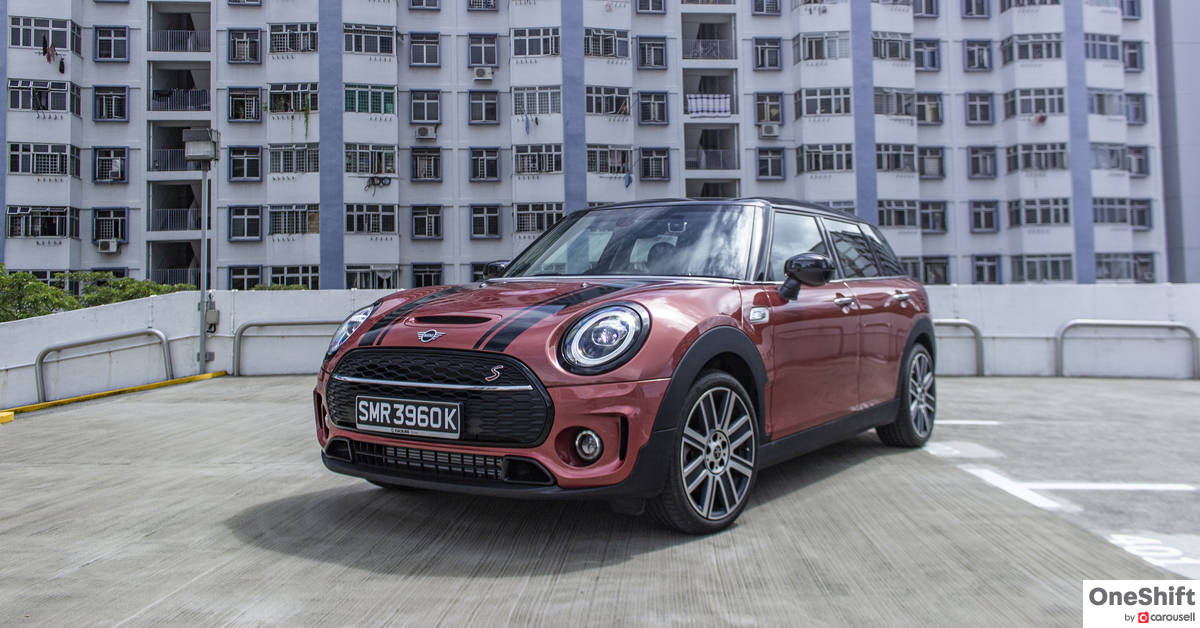
With questionable job security for a significant chunk of the population, triggered by companies not being able to absorb the not-insignificant losses of a 2 month shutdown, we may see the used car markets being flooded with vehicles, as car owners opt to sell their cars to have a bit of extra funds on hand to tide them through this rough period.
Also, with more potentially left jobless, there will be a lower demand for cars, and thus, a lower number of people bidding for new COEs, that may result in lower COE prices in the immediate future, that will steadily rise again as the economy recovers in a post-COVID world.
Have a restful Labour Day...
#COVID19 #SG #Singapore #Autos #Cars #Industry
Credits: Jek Ray Low


Get the Best Price for your used car
from 500+ dealers in 24 hours

- Convenient and Hassle-Free
- Consumer Protection
Transparent Process
With No Obligation
